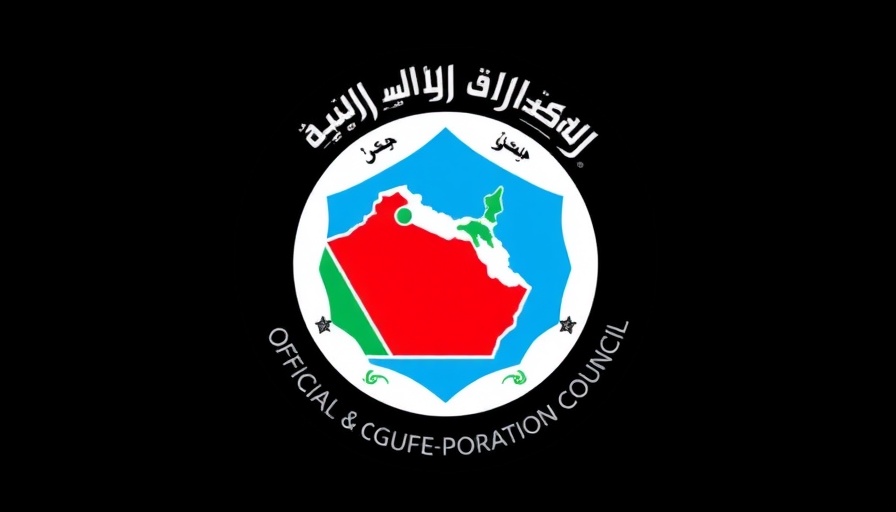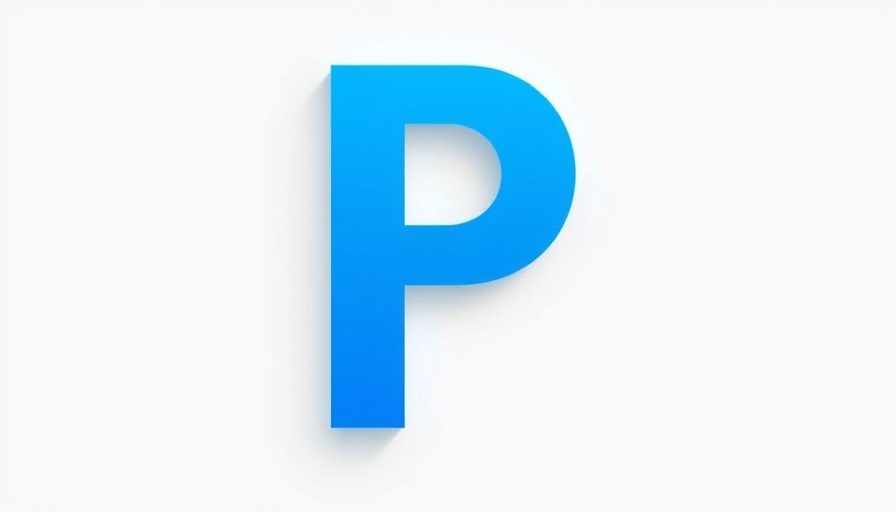
The Role of Mediation in Global Conflicts
The United States and Qatar recently played pivotal roles in brokering a peace agreement between Rwanda and the Democratic Republic of Congo (DRC), which marks a significant step towards stability in the region. According to HE Jasem Mohamed Albudaiwi, the Secretary-General of the Gulf Cooperation Council (GCC), this agreement is a beacon of hope for many. Given the history of conflict and bloodshed in the area, the efforts of these two nations demonstrate the power of international diplomacy.
Historical Context: Strife Between Rwanda and DRC
The relationship between Rwanda and the DRC has been fraught with tension, rooted in civil wars and complex regional dynamics. This ongoing strife has led to mass displacements and numerous humanitarian crises. The peace agreement signed in Washington, D.C. aims to end fighting that has claimed thousands of lives this year alone, highlighting the urgency for lasting peace. Understanding this backdrop helps us appreciate the significance of the renewed efforts by both Qatar and the U.S. to foster dialogue and resolution.
Community Aspirations for Security and Stability
The peace agreement is not just a diplomatic triumph but a chance for the communities affected by the violence to envision a future free from fear. Albudaiwi expressed hope that this agreement fulfills the aspirations of both nations' people, allowing them to seek prosperity and development without the overshadowing threat of war. The mutual desire for peace underlines the importance of international cooperation in conflict resolution.
Diverse Perspectives on Peace in Africa
While many view this agreement as a stepping stone for peace, critics argue that sustained international attention is necessary to maintain the momentum. Regional powers have their vested interests, and peace must navigate these complexities. Thus, while the agreement is celebrated, it also requires a careful follow-up strategy to ensure it does not become a mere document gathering dust.
Potential for Future Diplomacy in the Region
As noted by the GCC, this agreement reflects an evolving role for the Gulf nations on the world stage. It sets a precedent not just for Africa but also highlights how regional powers can leverage diplomacy effectively. Qatar, in particular, has continually sought to facilitate dialogue in various global crises, signaling a commitment to international peace beyond its immediate borders.
Moving Forward: Opportunities for Collaborative Peacebuilding
The agreement between Rwanda and the DRC offers insights into collaborative peacebuilding efforts. Countries like Qatar can continue to act as mediators in future conflicts, fostering dialogue in other troubled regions. Cooperation among international partners, local governments, and the affected communities is crucial to achieving sustainable peace, and this agreement could serve as a model for similar situations globally.
In conclusion, while the recent peace agreement between Rwanda and the DRC signifies hope, it also calls for ongoing international vigilance and support. With proactive engagement, the aspirations of both nations can be fully realized.
 Add Row
Add Row  Add
Add 




 Add Row
Add Row  Add
Add 

Write A Comment